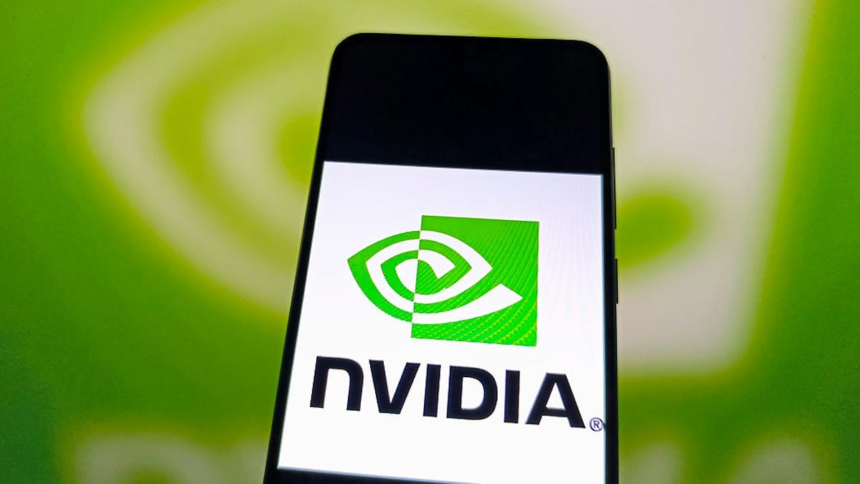OpenAI and Nvidia have entered into a landmark partnership that could reshape the landscape of artificial intelligence. Under this ambitious agreement, Nvidia has committed to invest up to $100 billion in OpenAI. This investment will be accompanied by the provision of critical computing power necessary for OpenAI to develop its next generation of AI models.
The partnership, detailed in a recently disclosed letter of intent, outlines plans for OpenAI to deploy a minimum of 10 gigawatts of Nvidia technology over the next few years. The first phase of this implementation will involve one gigawatt of Nvidia’s upcoming Vera Rubin platform, named after the renowned astronomer known for her work on dark matter, and is scheduled to commence in the second half of 2026. As additional systems come online, Nvidia’s investment is expected to ramp up proportionately.
Sam Altman, CEO of OpenAI, emphasized the foundational role of computing in future economies, stating, “Everything starts with compute. Compute infrastructure will be the basis for the economy of the future, and we will utilize what we’re building with Nvidia to both create new AI breakthroughs and empower people and businesses with them at scale.”
This partnership comes at a time when AI research is facing significant limitations due to a scarcity of access to robust computing resources. By securing a long-term supply of Nvidia hardware, OpenAI aims to enhance its competitive stance against major players like Google, Anthropic, Microsoft, and Meta, thereby ensuring its ability to remain at the forefront of AI innovation.
For Nvidia, this agreement transforms its role from merely a hardware supplier to a strategic partner deeply embedded in the AI revolution. The gradual acquisition of equity in OpenAI positions Nvidia at the heart of the burgeoning AI sector, allowing it to influence the direction of AI development.
The ramifications of this partnership extend beyond mere investment; the completion of this deal will unfold over several years. If the collaboration proves to be fruitful, it may significantly influence the pace of AI advancement, the variety of models OpenAI can produce, and ultimately, the accessibility of these technologies to a global audience.







